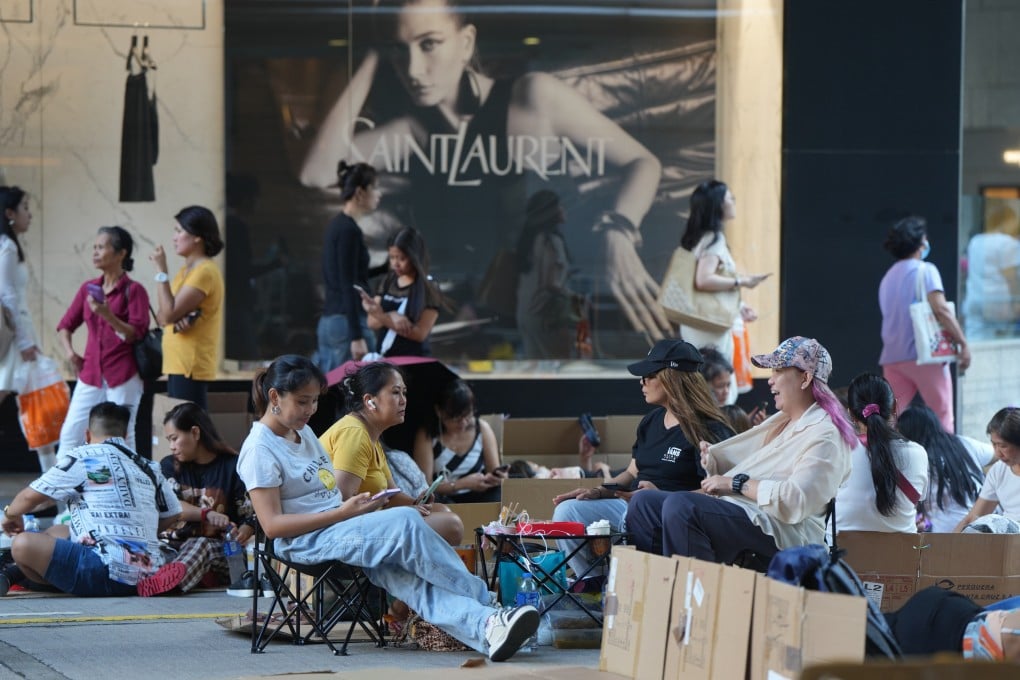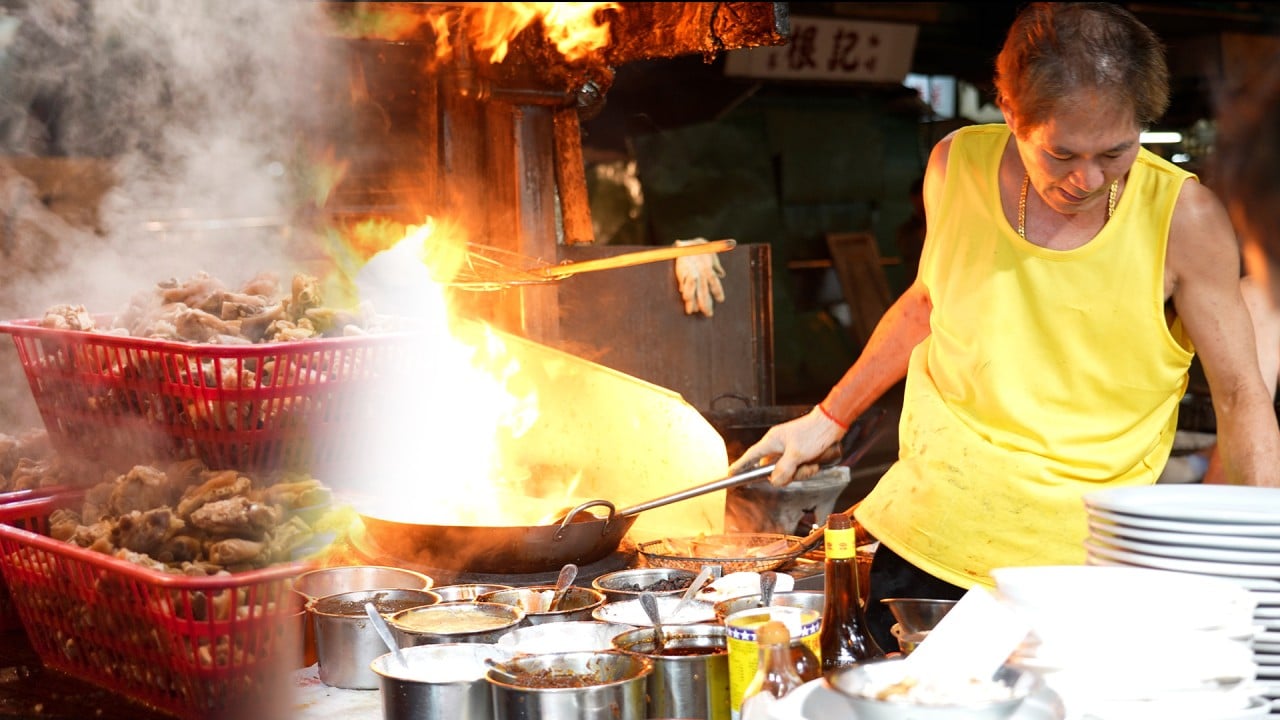Opinion | Let Hong Kong be itself, a city where life always finds a way
- Like a flower growing from the pavement, Hong Kong’s unique charm comes from those who take up space in the cracks of modernity

Every Sunday, when I walk through the covered walkways of Central, I feel as though I’ve stepped into a parallel universe. Past Exchange Square, in the same spots occupied by cigarette-smoking financiers on weekdays, I see middle-aged men lying face down for a cut-price massage.
As someone who’s had to explain what goes on in our streets every Sunday to friends and family, it’s a shame that all we can give these women is the gift of a blind eye. But what I also have is an immense amount of respect for the ways in which they find room for joy and community. Whether it’s through roadside karaoke sessions or birthday parties hosted beneath the shade of a highway flyover, on Sundays, they will find a way.
He observes that it’s those constraints that historically gave rise to the ingenious and resourceful ways people have managed to blur the lines between shop and pavement, official and unofficial, public and private.
The way our helpers spill out onto the streets on their days off is hardly a shining symbol of success for Hong Kong’s street life. Nevertheless, to me, it’s also one of the city’s last remaining acknowledgements of the inevitability of informal urban spaces.


